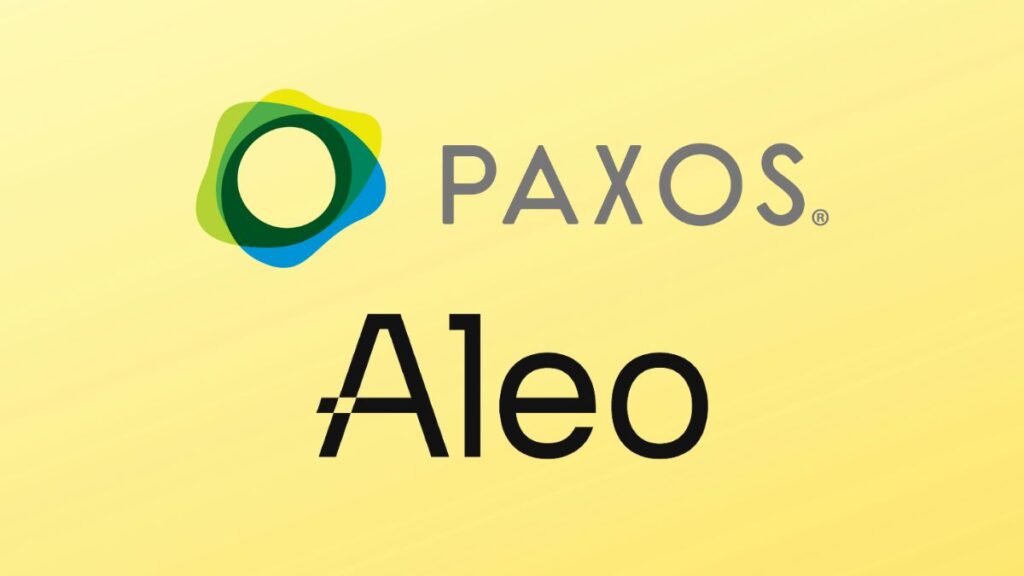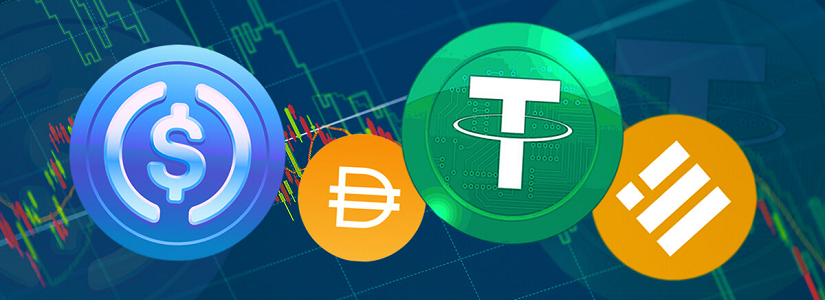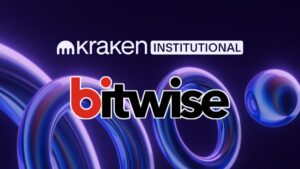TL;DR
- Paxos Labs and the Aleo Foundation will launch USAD, a stablecoin that introduces encrypted transactions using zero-knowledge technology.
- The token will be issued on the Aleo blockchain, combining privacy and programmability, enabling smart contracts without exposing identities or amounts.
- Paxos will handle issuance and reserves, while Aleo provides the encryption technology.
Paxos Labs and the Aleo Network Foundation have announced the launch of USAD, a new U.S. dollar-backed stablecoin designed to stand out through its focus on privacy.
USAD will be issued on the Aleo blockchain, a Layer 1 network built with zero-knowledge technology that enables end-to-end encrypted transactions. The initiative seeks to address a limitation of current models, where all transaction data is publicly visible on-chain, restricting institutional adoption of stablecoin-based payment systems.
Paxos to Manage USAD Issuance and Reserves
Paxos Labs will provide the issuance and reserve management infrastructure. The company also issues PayPal’s PYUSD and the Global Dollar (USDG), and has raised $535 million from investors including RRE Ventures, Liberty City Ventures, and Coinbase, reaching a valuation of $2.4 billion.
Meanwhile, Aleo contributes encryption technology along with its expertise in privacy and compliance. The project is backed by funds such as a16z, SoftBank, and Coinbase Ventures.
USAD’s design merges confidentiality with programmability, enabling smart contracts without revealing user identities or transaction amounts. According to Leena Im, Chief Operating Officer at the Aleo Foundation, privacy is “the missing link” in large-scale blockchain adoption, and with USAD they aim to prove that a digital dollar can be trusted, auditable, and still protect sensitive user information.
The Stablecoin Boom
Bhau Kotecha, co-founder of Paxos Labs, emphasized that stablecoins have already become one of the most powerful innovations in financial markets, and their true potential is only beginning to be explored.
Stablecoins have processed more than $268.6 trillion in transaction volume since 2019, according to Visa, and in 2024 surpassed the combined annual volumes of Visa and Mastercard with $27.6 trillion. The implementation of the GENIUS Act in July 2025, which established federal rules for issuance and oversight, has further accelerated the expansion of these assets













